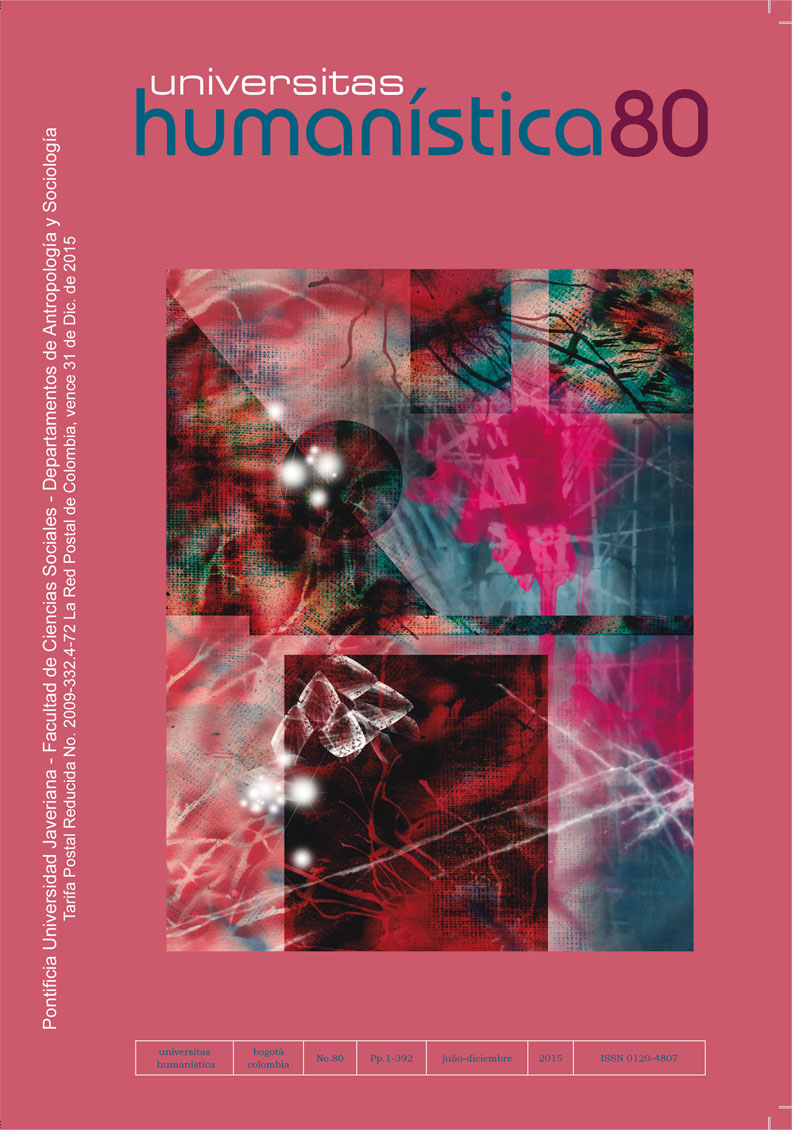Resumen
En los países de América Latina, los programas y políticas públicas dirigidos a la salud indígena han repercutido en nuevos papeles y espacios de frontera. Abordando la participación indígena en la atención primaria a la salud, analizamos las tensiones y negociaciones antes y después de la implantación del Subsistema de Atención a Salud Indígena en Brasil, trayendo como ejemplo una Tierra Indígena Kaingáng (TIK) del sur del país. Anterior a la implantación del Subsistema, la definición y ejecución de los servicios en esta TIK se caracterizaban por la fuerte presencia de indígenas ligados al líder indígena político y por la débil presencia de las instituciones. A partir de 2000, el subsistema empieza a envolver diferentes segmentos públicos y privados. En la TIK, el papel de una organización Kaingáng estaba repleto de ambigüedades y paradojas, pues al mismo tiempo que era una oportunidad para un mayor protagonismo en los espacios de negociación creados por el Estado, estaba sometido a las prioridades definidas en espacios exteriores al grupo étnico. 
La revista Universitas Humanística se encuentra registrada bajo la licencia Creative Commons Reconocimiento 4.0 Internacional. Por lo tanto, esta obra se puede reproducir, distribuir y comunicar públicamente en formato digital, siempre que se reconozca el nombre de los autores y a la Pontificia Universidad Javeriana. Se permite citar, adaptar, transformar, autoarchivar, republicar y crear a partir del material, para cualquier finalidad (incluso comercial), siempre que se reconozca adecuadamente la autoría, se proporcione un enlace a la obra original y se indique si se han realizado cambios. La Pontificia Universidad Javeriana no retiene los derechos sobre las obras publicadas y los contenidos son responsabilidad exclusiva de los autores, quienes conservan sus derechos morales, intelectuales, de privacidad y publicidad.
El aval sobre la intervención de la obra (revisión, corrección de estilo, traducción, diagramación) y su posterior divulgación se otorga mediante una licencia de uso y no a través de una cesión de derechos, lo que representa que la revista y la Pontificia Universidad Javeriana se eximen de cualquier responsabilidad que se pueda derivar de una mala práctica ética por parte de los autores. En consecuencia de la protección brindada por la licencia de uso, la revista no se encuentra en la obligación de publicar retractaciones o modificar la información ya publicada, a no ser que la errata surja del proceso de gestión editorial. La publicación de contenidos en esta revista no representa regalías para los contribuyentes.


